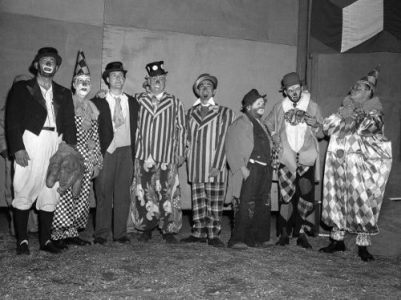I have not counted how many posts I’ve written about diversity on this blog, but there have been diverse angles from which the subject has been addressed in this place. In the United States of America, the diversity is formidable. There are 50 States and so many Territories that I have lost count of them all. Including the original indigenous peoples, there are humans from every culture in the world here. The idea that America is a “melting pot” of cultures and ethnicities is taught in most of our public schools.
It is a common occurance that people with ancestry elsewhere are losing culinary traditions at the heart of our families’ cohesion. It’s been many years since the last holiday smorgasbord was held within the Swedish part of my family. During my childhood my great-aunts toiled away at preparing the vast array of foods to eat. There were several types of appetizers, hot and cold meats, salads, cheeses, relishes, pickled fish, the dreaded lutefisk that had to be smothered in mustard to make it somewhat palatable, and the traditional flatbread called lefse. Then there were the desserts that included the prized ostakaka (Swedish custard) that was covered in lingonberry sauce that was sent to aunt Emma in jars from Sweden. Smorgasbord embraced the diversity of foods.
Regarding the German side of the family, I don’t remember any specific German customs being celebrated during my childhood. This is probably because Americans with German ancestry downplayed their heritage so as to avoid problems with their neighbors during the two World Wars with Germany. Anyway, that was my maternal grandfather’s expanation. The one remaining custom they preserved was their membership in the Lutheran Church.
Yet in spite of so many families in America from various backgrounds and differently abled people, there is a tradition of national unity. In spite of these admirable values, we still have structural racism, xenophobia, homophobia, sexism, and other manifestations of hatred that permeate society. One might say that there is a diversity of hostility present in the U.S. The underlying promotion of inequalities continues to harm society as a whole.
When discrimination becomes co-extensive with a belief system, then that institution is pitted against the diversity that defines our country and our democratic republic. It flies in the face of the ideal of acceptance of cultures and peoples who appear different from one another. Disagreements regarding discrimination and inclusion are best worked through in a civilized, democratic manner.
Our nation’s economy and workforce have traditionally come from different cultures. For example, the Irish were important in the early days of our industry. Chinese immigrants were instrumental in building our first railroad network. People from Africa were involuntarily drafted and sold to work in agriculture. We currently have Hispanics performing excellent work in all sectors of the economy. Yet, there is still widespread dislike of immigrants and indigenous people. Dislike of diversity is so common that measures to address it arouse reactionary hostility among a great many citizens.
At this point, I’m probably preaching to the choir. Yet I tap out these words because diversity and inclusivity are ideals I care deeply about. I love that there is a diversity of ideas and opinions; some of which I strongly disagree. I believe it’s vital that we can disagree with people and not be disagreeable. Although we can disagree on many topics, we can agree to disagree in a peaceful manner. There is also a good chance that we can seek common ground on many issues because that is the decent thing to do.
Americans are fortunate to live in a nation that is rich in diversity. At its core, this diversity has been the strength and foundation of the United States. We have a beautiful tradition of respecting our fellow citizens for their heritage and beliefs. There is the continuing tradition of eliminating discrimination that has been present ever since the founding of the country. With each new affirmation of freedom and liberty for all, has come reinforcement of national unity and strength.
It is not only minority populations who benefit from these affirmations, but all of us derive security in the knowledge that everyone deserves equal treatment under the law. We still have far to go in attaining this ideal, but progress is happening. After all, a healthy democratic republic is based upon diversity, equality, and mutual respect despite our perceived differences. The time is always right to enhance our appreciation of this diverse nation within this diverse world.
Namaste
The Blue Jay of Happiness quotes Senior Advocate of Nigeria, Yemi Osinbajo. “The most successful of the nations of the world are those who do not fall into the lure of secession but who, through thick and thin, forge unity in diversity.”











